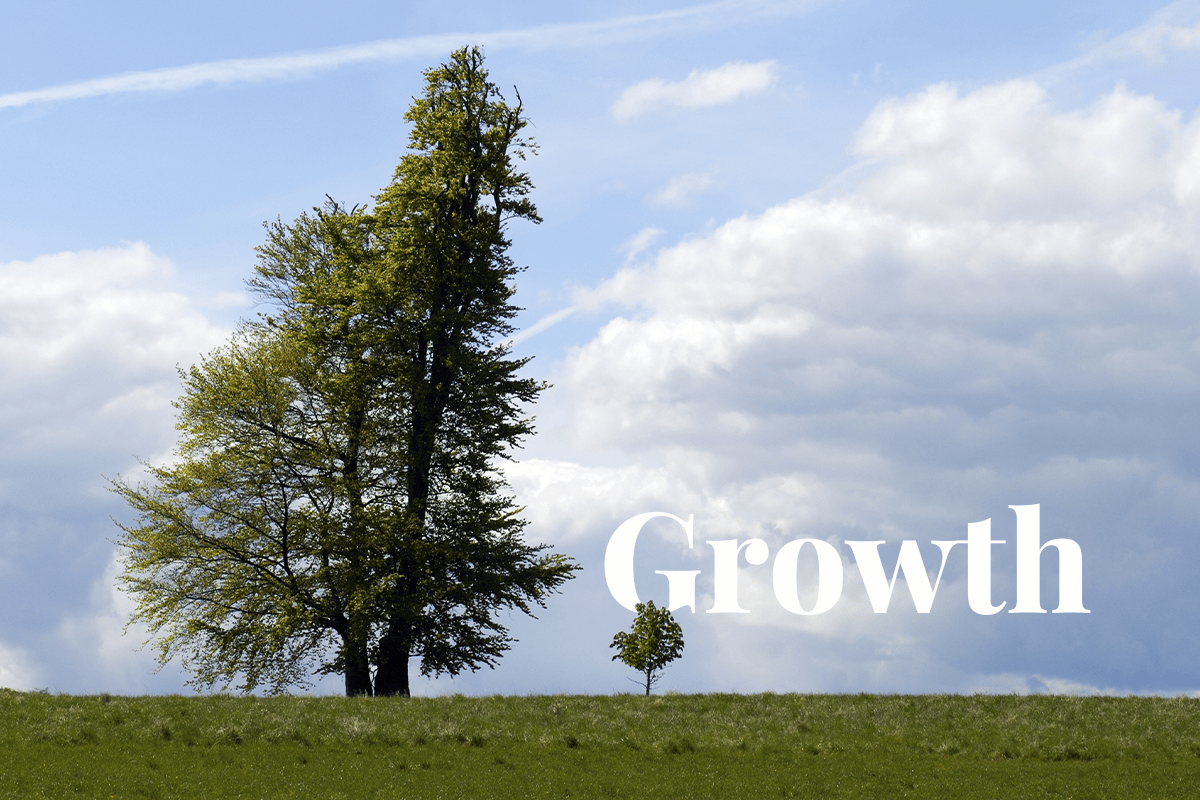The voluntary carbon markets (VCMs), which have gained momentum in recent years as corporations seek to reduce their carbon footprint, are set to become at least five times bigger by 2030. This is according to a report by energy giant Shell and the Boston Consulting Group (BCG).

Despite the bullish projection, it may still take years before countries can offset their emissions in an international carbon market as countries’ registries of carbon trades might be exposed to outside scrutiny, an issue raised by Article 6 of the 2015 Paris Agreement.
The VCM, worth about $2 billion in 2021, is expected to grow to $10–40 billion in value by 2030. Shell predicts 0.5–1.5 billion tonnes of carbon dioxide equivalent will be transacted compared to the current 500 million tonnes.
The report also showed that credit demand is accelerating while supply is tightening. Previous projections had shown the demand for credits starting to outstrip supply in 2024, but data from 2021 suggests this may happen even earlier for some credit classes.
According to surveys in the report, buyers were seeing spending on carbon credit purchases as necessary, with reputable monitoring, reporting, and verification seen as the most important purchasing criteria. Shell also stressed the importance of growing with integrity through high-grading credit quality.
Critics of carbon offset markets, including Greenpeace, claim that these markets allow emitters to continue to release greenhouse gases. Despite this, the carbon market projections in the report suggest continued demand for credits.
In summary, the VCM is set to expand rapidly in the coming years, with Shell predicting that it will grow to $10–40 billion by 2030. While demand for credits is accelerating and supply is tightening, it may still be years before countries can offset their emissions in an international carbon market.
Nevertheless, surveys suggest buyers see spending on carbon credit purchases as necessary, with reputable monitoring, reporting, and verification as the most important purchasing criteria. DGB Group helps businesses, governments, and individuals reach their net-zero goals by generating and selling carbon credits from its large-scale nature-based projects.
Contact us to offset your emissions

